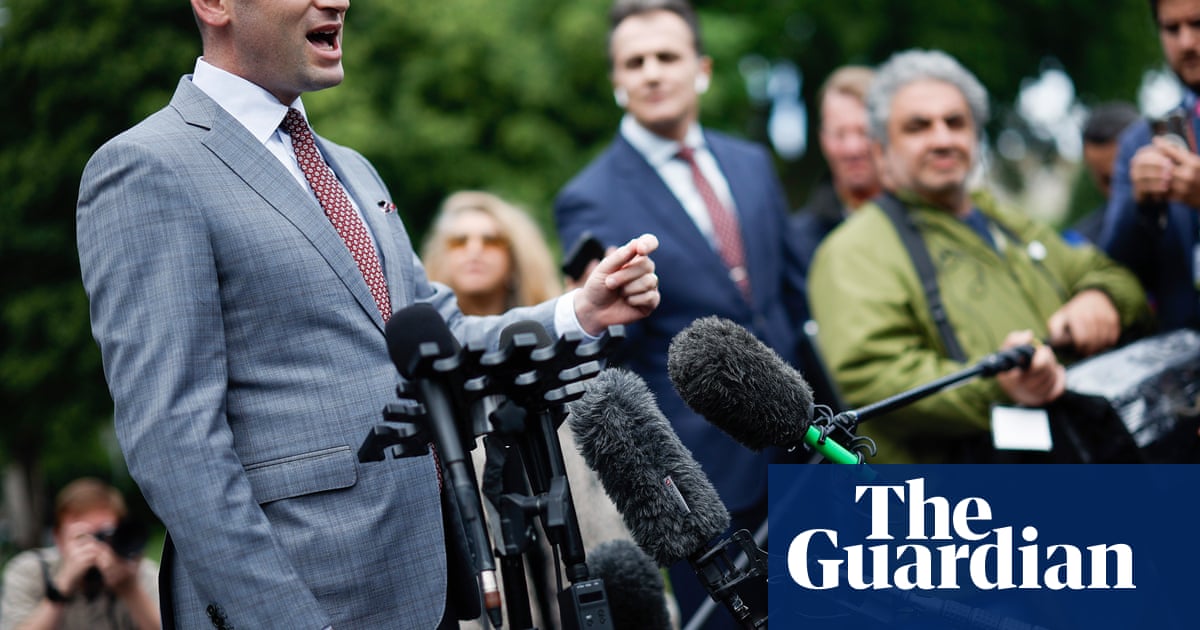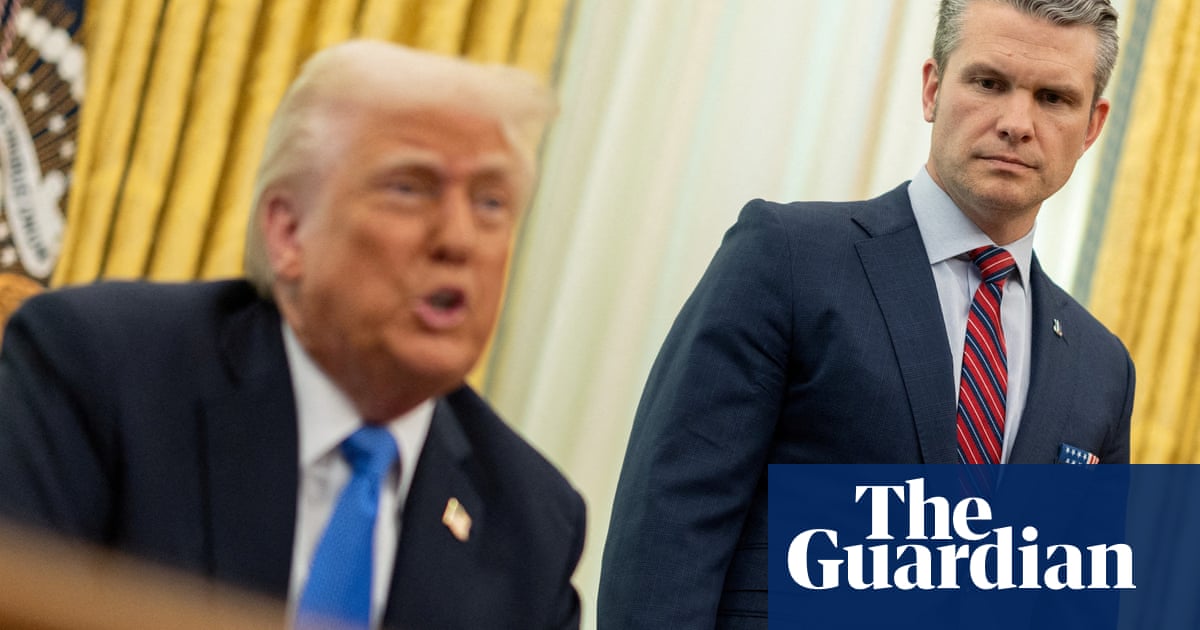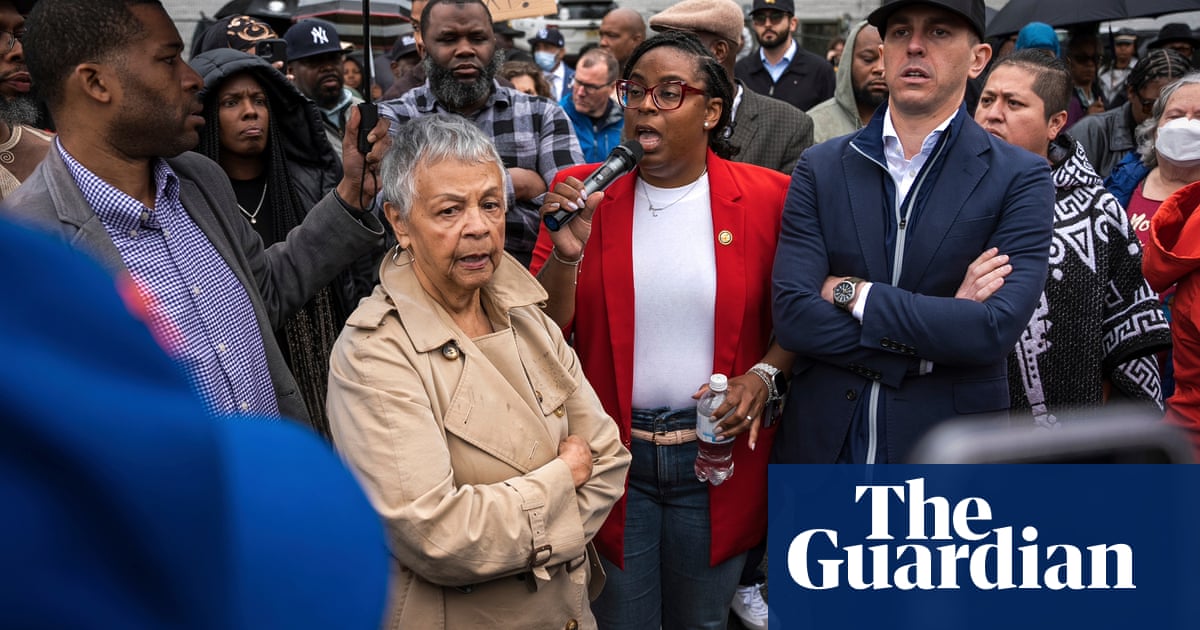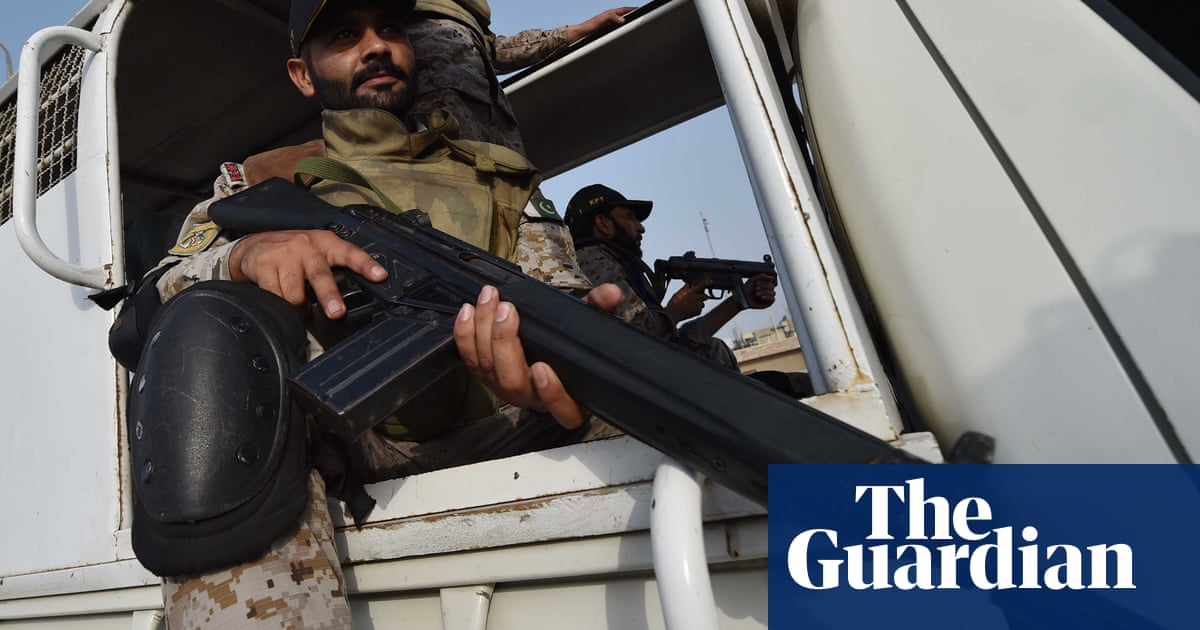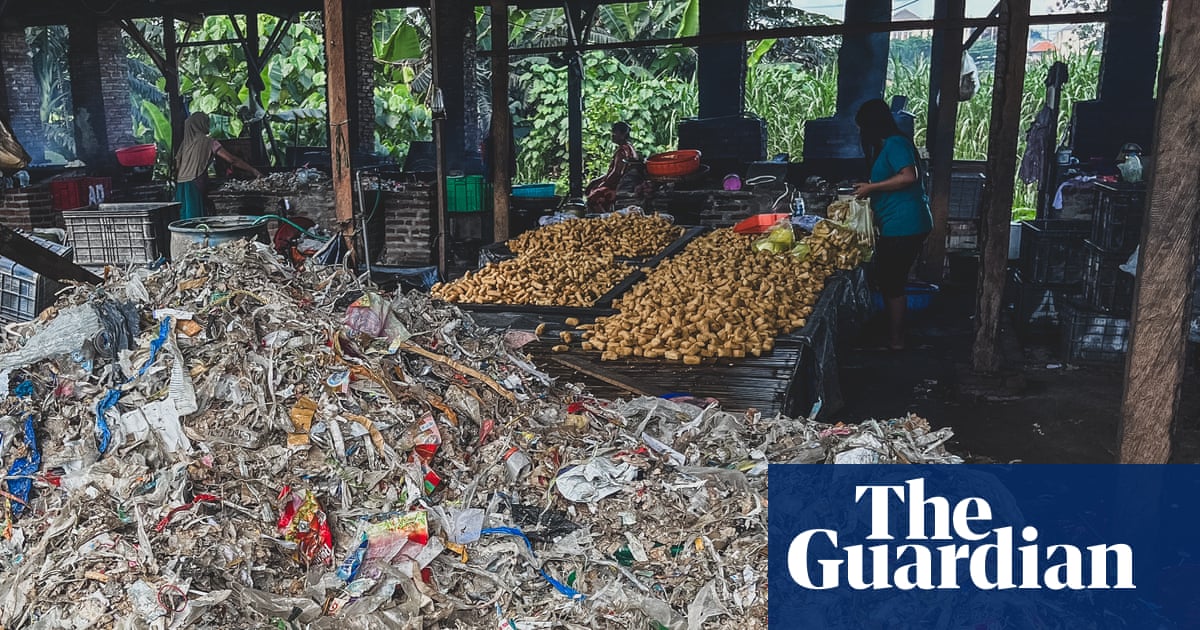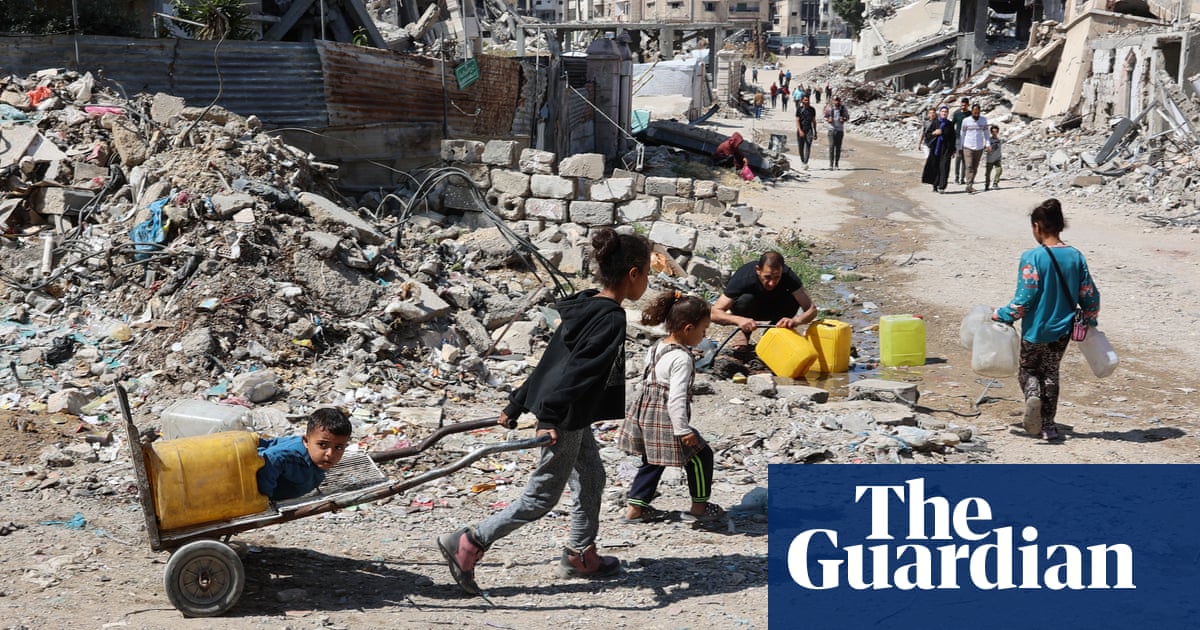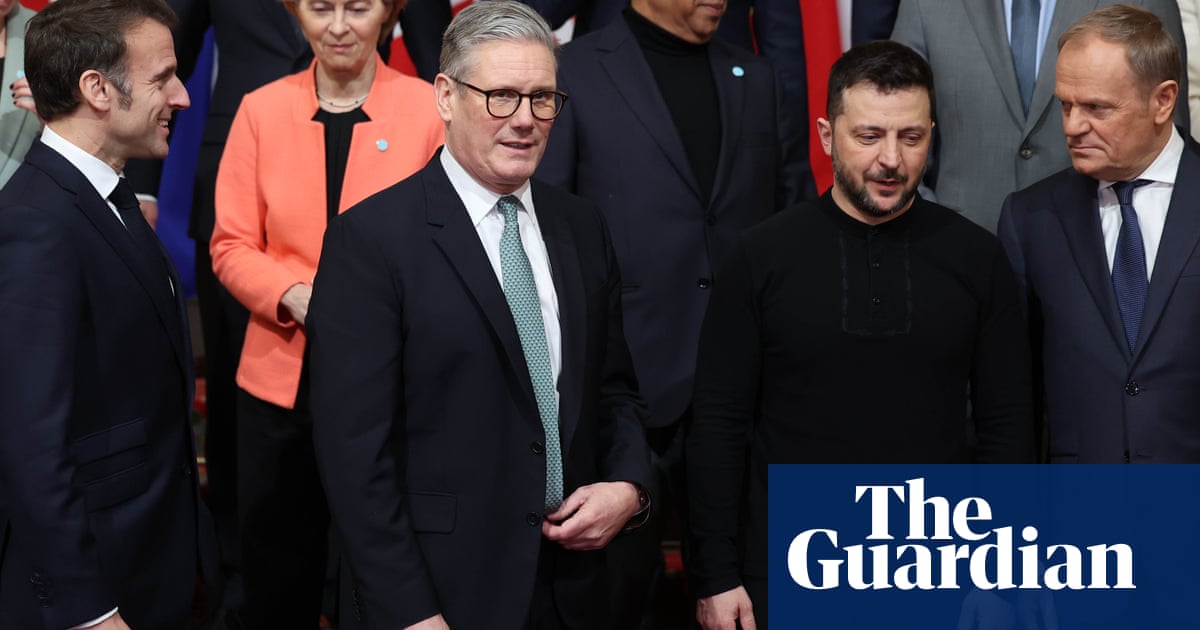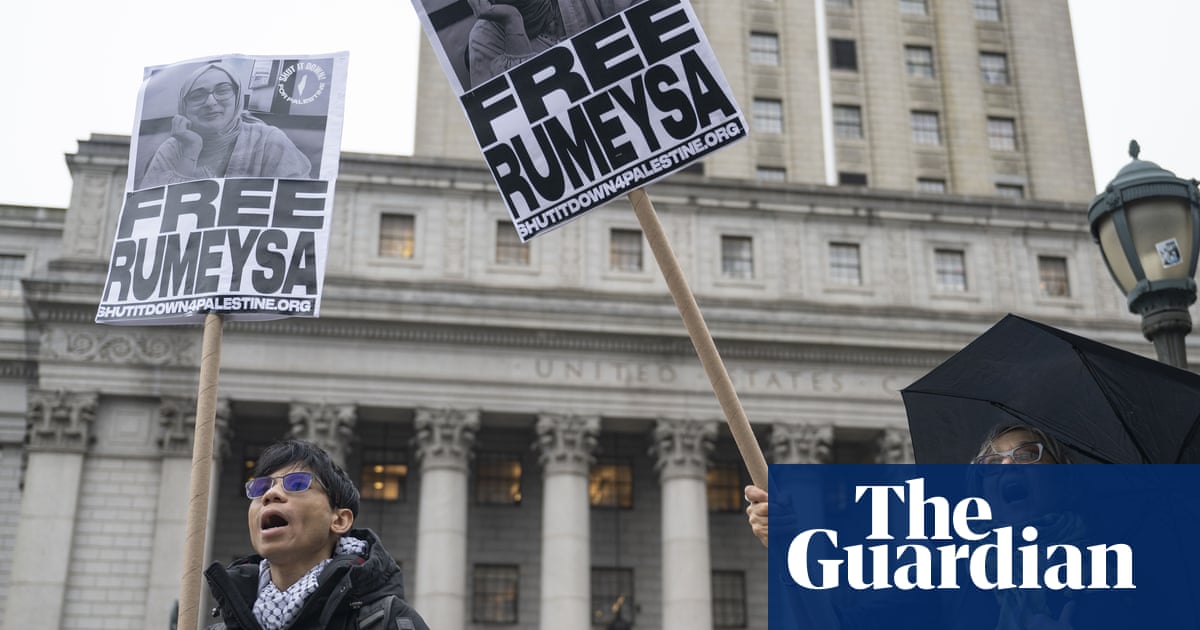Myanmar’s coup must have looked like an easy win to the generals, given their long record of crushing dissent. Their grudging experiment with limited democracy reached its end when Aung San Suu Kyi’s party won a landslide second election victory – prompting the ousting and imprisonment of the National League for Democracy (NLD) leader and her colleagues in February 2021.
Four years on, resistance has flourished. A study by the BBC estimates that the junta controls only 21% of Myanmar’s territory as it battles People’s Defence Force units set up by the national unity government formed from the NLD’s remnants, as well as the ethnic armed groups that have long fought Naypyidaw. More than 4 million people are displaced and half the population has been forced into poverty. Less than half has access to electricity. The UN says Rakhine state is at imminent risk of acute famine and Rohingya Muslims there are particularly vulnerable, trapped between the military – which has forcibly conscripted men – and the Arakan Army, which accuses them of siding with the junta.
The military still holds the major cities and the country’s heart. It will not be dislodged easily. But internal tensions are evident, with calls for its chief, Min Aung Hlaing, to quit. Among its losses are 95 towns, key trade routes, hundreds of military bases and two regional commands. Its brutal tactics include sexual violence, mass killings and torture, as well as the relentless bombing of civilian sites. Any possibility of further restricting jet fuel supplies should be seized on.
Astonishing rebel advances from late October 2023 were possible because China gave the nod to an alliance of ethnic armed groups, angered by the regime’s failure to control criminal groups on the border. Now it has cut off arms flows and other key imports, seeing the junta’s survival as its best hope of ensuring the resources and stability it seeks and of keeping out the US. Tellingly, it seems to be Beijing pressing hardest for elections this year. They would not only be a sham – with 21,000 political prisoners being held – but also farcical, if they are even achievable; opposition forces have pledged to disrupt them.
Many in Myanmar have concluded that military rule is no longer an inevitability and that they cannot compromise with the junta, because it has shown it will not compromise with them. But even optimists acknowledge that it could take years to defeat it. There is concern that, with so many other crises worldwide, the international community could seize on token concessions by the junta and press for a deal.
The Trump administration’s attacks on the National Endowment for Democracy are bad news for the civic groups that are aiding people now and that would be key to building a better Myanmar. Its freeze on USAid operations has already seen medical care withdrawn from 100,000 refugees in Thailand. A modest UK increase in healthcare funding is welcome, and the EU and others should beef up aid, working with emerging administrations in areas wrested from the military.
Fears that a post-junta Myanmar could collapse completely, at further civilian cost, are not unfounded. Opposition groups too have committed grave rights violations. They are deeply fragmented, with diverse and sometimes contradictory interests. Yet they have managed to cooperate surprisingly over the last four years. A different, federal vision for the country cannot and should not be written off.
Do you have an opinion on the issues raised in this article? If you would like to submit a response of up to 300 words by email to be considered for publication in our letters section, please click here.

 3 months ago
87
3 months ago
87
